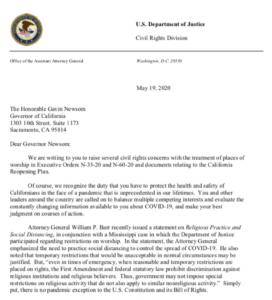For decades, certain signs affixed to stop signs and other traffic fixtures were installed with the intention of giving would-be criminals food for second thought.
The signs warned of a neighborhood watch, a type of grassroots organization where civilians band together to keep an eye out for graffiti, vandalism and petty crimes.
With roots dating back to the 1960s, neighborhood watch groups were embraced by law enforcement agencies as effective ways to deter crime and help solve cases. But in the era of social media, neighborhood watch groups no longer involve monthly meetings at the house down the street — now it’s as simple as logging on to Nextdoor or uploading Ring doorbell camera footage to a community Facebook group.
In some cases, these groups are hyperfocused on a single event. Such was the case earlier this year when two Facebook groups were launched following the disappearance of 11-year-old Roman Lopez from Placerville.
Roman was living with his biological father, step mother and seven other children when he disappeared from his home. His body was found the next day, and police labeled the death as “suspicious.”
But despite the FBI’s involvement in the case, no suspect has been identified, and police are still trying to figure out what happened.
Anxious residents in Placerville have turned to each other on Facebook to help piece together clues and solve the mystery of Roman’s death. One Facebook group quickly swelled to over 6,000 participants as word of the case spread across the country, CBS13 reported.
Kristin Jabs, an administrator of one of the groups, said she simply wanted to help after learning about Roman. She now speaks publicly on the family’s behalf, acting as a liaison between reporters and family members.
Jabs acknowledges people post their own theories about what happened, which can include pointing fingers at other people, something attorney Mark Reichel said could present certain legal liabilities.
Mark said a person can sue for slander if they are damaged or harmed by what another person posts in a Facebook neighborhood watch group, but he also says those type of slander cases can be difficult to prove.
“To prevail on it, you have to have some real evidence that there is some damage to your reputation,” Mark told CBS13.
It could also have implications on the outcome of criminal cases if police do identify and arrest a suspect, Mark warned, adding that certain information posted to social media could taint a jury pool.
But Mark acknowledges that social media can be a good source of information, including what everyday citizens and community members think happened in a case.
“You can get honest observations, and I have in cases, just like that actually,” Mark said.


